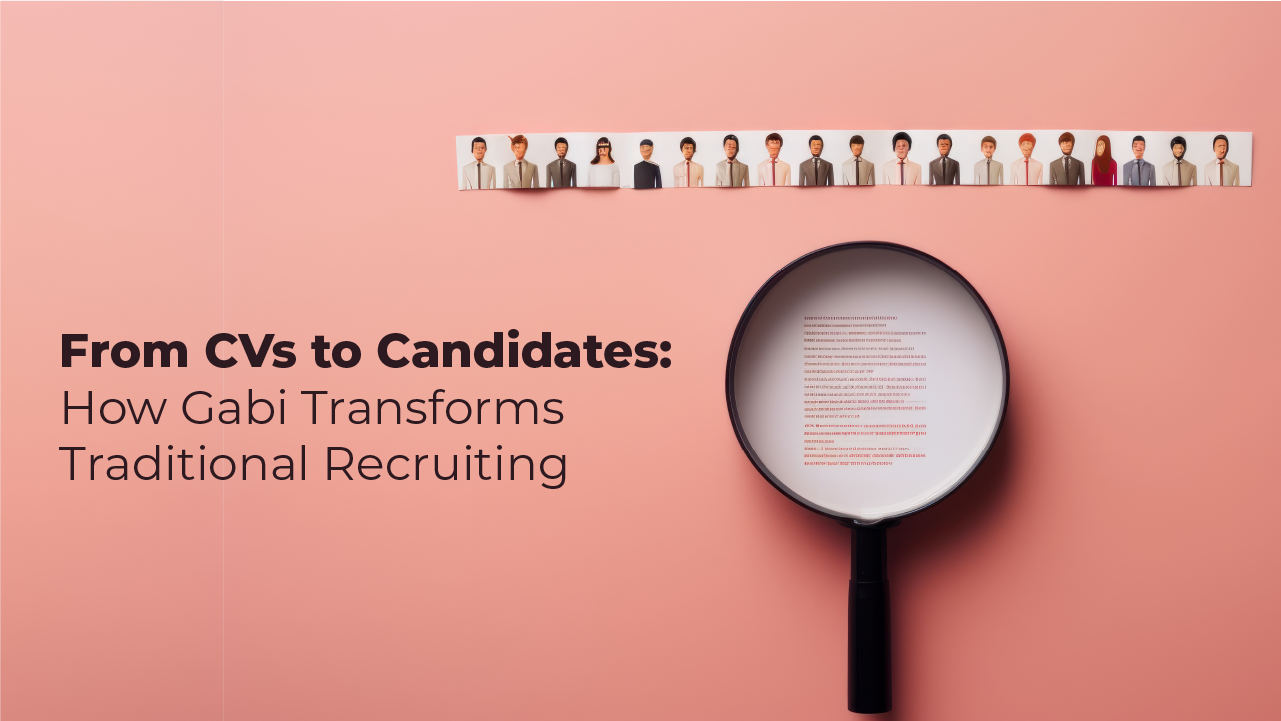In today’s dynamic business landscape, staffing firms play a crucial role in connecting qualified talent with organizations in need. The success of a staffing firm hinges on its ability to efficiently source and place candidates, foster strong client relationships, and ensure employee satisfaction.
To navigate this challenging terrain, staffing firms must rely on key performance indicators (KPIs) that provide actionable insights into their operations. In this article, we’ll delve into the essential KPIs that every staffing firm should monitor to achieve sustainable success.
Operational Efficiency Metrics
Operational efficiency lies at the heart of any successful staffing firm. Time-to-fill and time-to-hire are two critical metrics that can significantly impact a firm’s performance.
- Time-to-fill measures the time it takes to identify a suitable candidate for a job opening, while time-to-hire tracks the period from candidate identification to their actual hiring.
Monitoring these metrics enables staffing firms to optimize their processes and reduce bottlenecks. Faster time-to-fill and time-to-hire not only satisfy clients’ urgent hiring needs but also help staffing firms maintain a competitive edge.
-
Optimizing Candidate Sourcing and Selection Efficiency
Effective candidate sourcing and selection are pivotal to a staffing firm’s success. The efficiency of these processes can be measured by metrics such as the number of candidates sourced per job opening, the conversion rate from application to placement, and the percentage of interviews that result in hires.
By closely monitoring these metrics, staffing firms can fine-tune their sourcing strategies, enhance candidate screening methods, and ultimately improve the overall quality of their placements.
Quality of Placements
One of the most crucial KPIs for staffing firms is the quality of placements made. Candidate quality and fit are the cornerstones of client satisfaction. Metrics like candidate performance ratings, retention rates, and feedback from clients can shed light on the effectiveness of placements.
By consistently monitoring these metrics, staffing firms can ensure that the candidates they provide not only meet the technical requirements but also align with the company culture and values of the client organizations.
-
Permanent vs. Temporary Placement Metrics: Comparing Success
Staffing firms often deal with both permanent and temporary placements. Monitoring the success of each placement type is vital for understanding the firm’s performance across various engagements. KPIs such as conversion rates from temporary to permanent placements, client feedback on temporary placements, and the longevity of temporary placements can offer insights into the firm’s ability to cater to different client needs effectively.
Client Relationship Management
Client relationships are the lifeblood of staffing firms. To establish and maintain strong partnerships, firms need to monitor KPIs related to client satisfaction, such as Net Promoter Score (NPS), client retention rates, and repeat business rates. These metrics help staffing firms gauge their effectiveness in meeting client expectations and tailor their services accordingly.
Each client has unique requirements, and providing tailored solutions is a differentiating factor for staffing firms. KPIs related to customization and personalization, such as the percentage of placements aligned with specific client preferences and the number of specialized roles filled, can highlight the firm’s ability to offer customized staffing solutions.
Monitoring these metrics can guide firms in delivering value-added services that set them apart in the competitive staffing market.
Employee Retention and Satisfaction
For staffing firms, employee satisfaction and retention are crucial not only for their internal operations but also for the success of the placements they make. Metrics like employee retention rates, employee satisfaction surveys, and career progression within the firm can offer insights into the firm’s ability to attract and retain top talent.
A motivated and engaged internal team is more likely to provide exceptional service to clients and candidates alike.
-
Linking Placement Quality to Employee Job Satisfaction
There exists a symbiotic relationship between the quality of placements and the job satisfaction of staffing firm employees. When recruiters see their candidates thriving in their placements, it boosts their morale and job satisfaction. Monitoring the correlation between successful placements and employee engagement can help firms create a virtuous cycle where satisfied employees lead to better placements, which in turn leads to increased job satisfaction.
Streamlining Success with AI-powered Recruiting Software
In the age of technological advancements, staffing firms have the opportunity to harness the power of AI to streamline their operations and make more data-driven decisions. One such solution is Gabi, an AI-powered recruiting software that can revolutionize the hiring process.
By leveraging Gabi’s capabilities, staffing firms can automate candidate sourcing, analyze vast amounts of data to identify top-performing candidates and gain actionable insights to enhance their processes.
Gabi’s AI-driven algorithms can assist in matching candidates with the right job openings, significantly reducing time-to-fill and time-to-hire metrics. Moreover, it can provide personalized recommendations based on candidate profiles and client preferences, enabling staffing firms to offer tailored staffing solutions that meet unique requirements.
Check out Gabi today and make the hiring process easier and faster!





